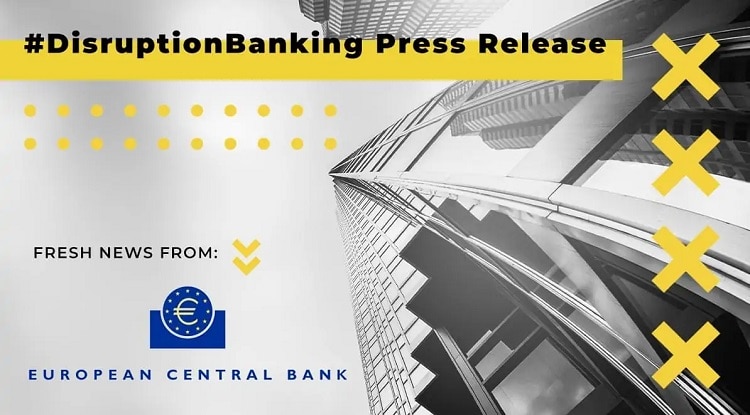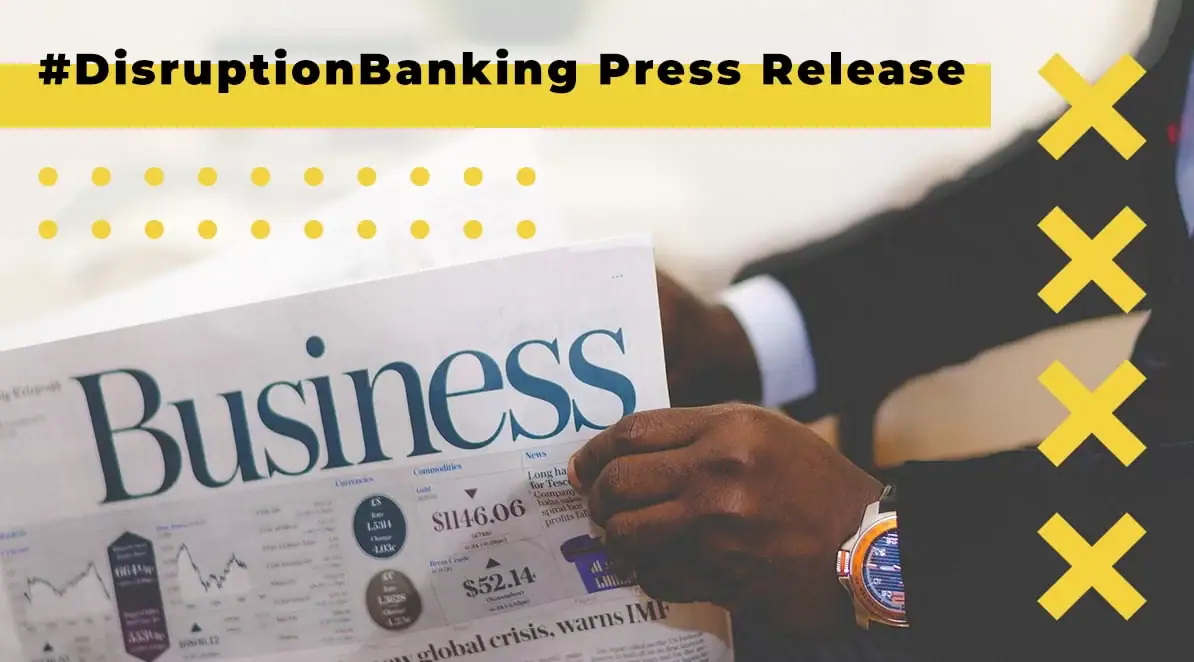The world of crypto has long been embroiled in what Michael Shaulov calls “a theological debate.”
Speaking at the Dubai Fintech Summit earlier this year, the Fireblocks CEO outlined the two competing visions at the heart of the digital assets space – one dominated by centralised exchanges, and one in which users have “self-custody” over their own assets. “There’s a saying in crypto,” Shaulov said, “which goes: not your keys, not your Bitcoin; not your keys, not your crypto.”
#Selfcustody or #custodial wallets? CEO of Fireblocks, Michael Shaulov, says “there is almost a theological debate within #crypto – which of the models will prevail in the future?” #dubaifintechsummithttps://t.co/X95cxK55ge
— #DisruptionBanking (@DisruptionBank) May 11, 2023
As the name of her company subtly suggests, Kim Bell, the Chief Operating Officer (COO) at SELF Crypto, is firmly on one side of the debate. She firmly believes that the future of crypto and the route to mass adoption lies in self-custody and is part of a team that has created a product to facilitate this.
Kim told Disruption Banking that she describes SELF as “the PayPal of crypto – a way of taking your physical wallet and putting it on Web3.”
The technology works by replacing users’ wallet addresses – which can be as long as sixty alphanumeric characters – into a single username
SELF has used NFT technology for their usernames which links to a range of metadata outlining the assets that are held in the wallet, whether that be cryptoassets, tickets, or any other type of DeFi product.
The usernames can be integrated into any wallet and will work regardless of the asset being transacted or the chain on which it operates, with users being able to conduct transfers or move assets around on the blockchain in the usual way.
Kim explained that the NFT “it’s an alias to a wallet address that can be integrated into any wallet but does not store the information itself.”
Perhaps the main benefit of the product is that, because the NFT can be given a simple name, there is less risk of mistakes being made during a transaction or funds being lost.
“If I want to send some crypto to you, through SELF, I can simply send it to “Harry” rather than to “1Lbcrf7s….!” It makes life much easier and safer for everyone involved.” “We’ve found that it’s particularly useful for those coming from a traditional financial background – SELF is trying to make it easier to navigate the DeFi space so that people can take self-custody of assets, and not keep them in a centralised system,” Kim added.
Have you memorised any of your crypto wallet addresses?
— SELF (@SelfCryptoIO) August 7, 2023
It certainly seems that SELF is tapping into concerns within the crypto space that centralised exchanges are not the best route forward. The high-profile collapses of FTX, Celsius, BlockFi, and Three Arrows Capital have all demonstrated the risks involved with concentrating trust into isolated businesses. That these collapses led to consumers losing billions in cryptoassets also underlined some of the risks consumers face when they put their assets in centralised exchanges. Is SELF part of the answer?
“I think that some people who are perhaps less educated in the crypto space think that because they own crypto, they are automatically out of the centralised system,” Kim told Disruption Banking. “In fact, if they have their crypto on exchanges, they are still very much part of that system. We even saw the SEC saying that crypto poses a systemic risk to the traditional financial space, which shows how intertwined they are.”
Kim is of the belief that, for both ideological and practical reasons, the future lies in self-custody. Ideologically, because self-custody is the route to full decentralisation a meaningful alternative to traditional finance. And practically, because the events of the last year or so have shown the question marks which remain over centralised exchanges.
What does this mean?
— Chainge Finance 🪢 (@FinanceChainge) February 10, 2023
In short, with DeFi you are in control and OWN your money (self-custody). On the opposite side, with centralized finance (CeFi) you GIVE UP custody of your assets. So, if the bank or exchange goes poof (for whatever reason), your assets go poof as well.
Interestingly, SELF also appears to be largely immune from the regulatory crackdown which has engulfed the crypto industry in recent months. The SEC and other regulators around the world have started to pursue crypto companies in the courts, as well as individuals, with the long-running Ripple saga being just one example. However, Kim said that “I don’t envisage a world where they’re going to be able to regulate everything.”
“We are totally decentralised and therefore not subject to most regulation – but that’s not to skirt around regulation. Clearly, crypto is here to stay and that means regulations are needed. Consumers need to be confident that stablecoins actually are stable for instance. But, as a utility token, we don’t need to be regulated at this time.”
It’s still early days for SELF, having launched only a few months ago in May. But Kim said that “we are already seeing strong levels of support for our product within the community.” The crypto company has hosted three fundraising rounds on the DeFi launchpad platform GemPad. Each round saw hundreds of thousands of dollars raised within hours, totalling almost half a million, all from individual investors.
Of course, it’s true that this is a difficult time to be launching a crypto company. The bear market is ongoing, funding from venture capital firms and other institutional investors has dried up, and the macroeconomic environment globally is also challenging. Interest rates are rising, a recession beckons, and banks have been collapsing. But is there opportunity hidden away in the challenges?
“In times of strife, people want more control – to be in control of their own assets,” Kim said. “We’ve seen the importance of this in TradFi with banks collapsing; in the UK, your deposits are only backed up to the value of £85,000. What do you do once a recession hits and banks start becoming less stable?”
“Similar questions are also relevant to the crypto space. The value of self-custody is becoming more and more appreciated across the world of digital assets.”
Author: Harry Clynch
#SELF #Crypto #NFTs #SelfCustody #DigitalAssets















